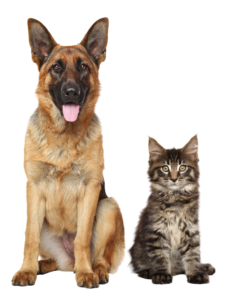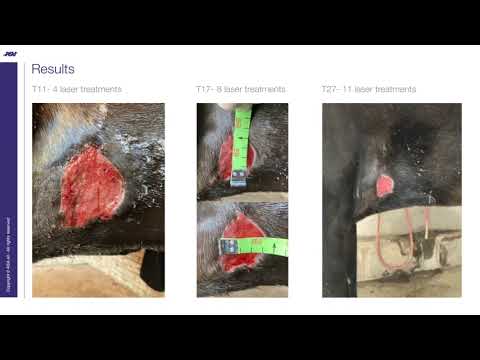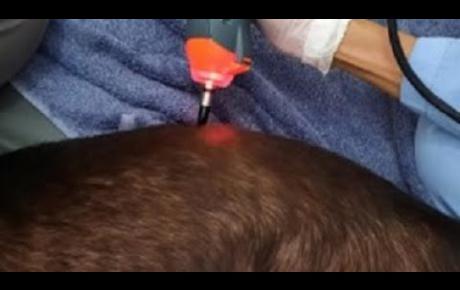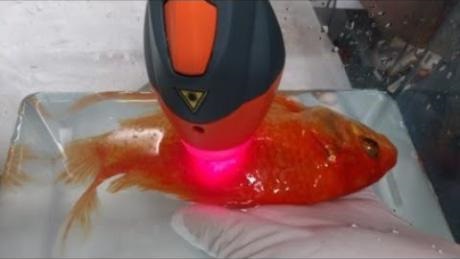In accordance with shelter-in-place guidelines and social distancing recommendations, schools and businesses throughout the country have moved to a virtual format giving pet owners the opportunity to spend more time at home with their animal companions.
Interested in how this new dynamic could affect pet-owner relationships, the Banfield Pet Hospital in Vancouver, Washington conducted a study in May to determine how pet owners are changing their approach to animal health.

Through this survey of 1,000 dog and cat owners, the Banfield Pet Hospital found that 84% of respondents feel more attuned to their pet’s health and 2 out of 3 plan to change how they care for their pet, especially after returning to a normal work environment post-pandemic.
As pet-owners begin to think ahead, 20% of the respondents made a commitment to take their pets to their vet for preventative care check-ups more often than before the pandemic.
Owners are also finding ways to improve pet health in the present with 42% exercising their pets more often and 37% paying more attention to other aspects of pet care, such as dental hygiene.
While the pandemic and its effects were not expected, major shifts in pet health care trends have been anticipated since millennials became the primary pet-owning demographic at 35% in 2017 with continued growth.
According to a study by TD Ameritrade in May, 7 out of 10 millennials are pet owners. Additionally, 50% of millennial Americans surveyed considered fostering or adopting during the COVID-19 pandemic, while only 33% of Gen X and 25% of Baby Boomers considered.
Compared to prior generations, millennials are demanding higher quality, natural care for themselves and their companions. Viewing their pets as part of the family, this budget-minded generation is willing to splurge on quality food, toys, and personalized health care services for their pets and are willing to spend up to $2,000 on average if their pet gets sick.
According to an August survey by market research company YPulse, nearly 1 in 4 millennial pet owners are spending more than usual on their pets during COVID-19. Sometimes even prioritizing their pets over themselves as 1 in 5 have made a personal sacrifice to afford a pet-related expense.
By making their pets a clear priority, the millennial generation has established themselves as lucrative clients for veterinary practices, even during the economic downturn of the pandemic. Along with a shift towards forward-thinking pet care, the post-COVID-19 veterinary environment looks promising as owners’ relationships with their pets have strengthened during social distancing.



